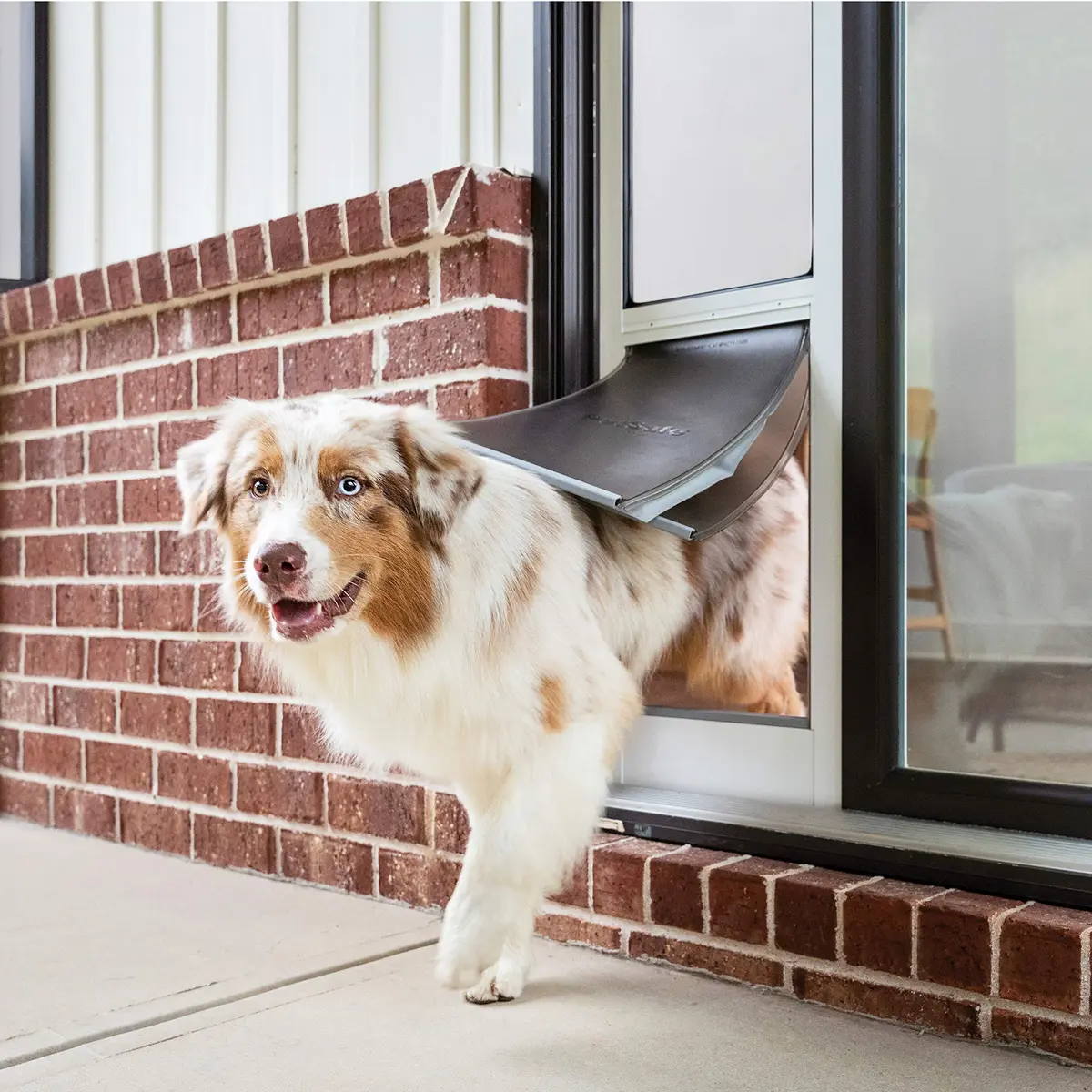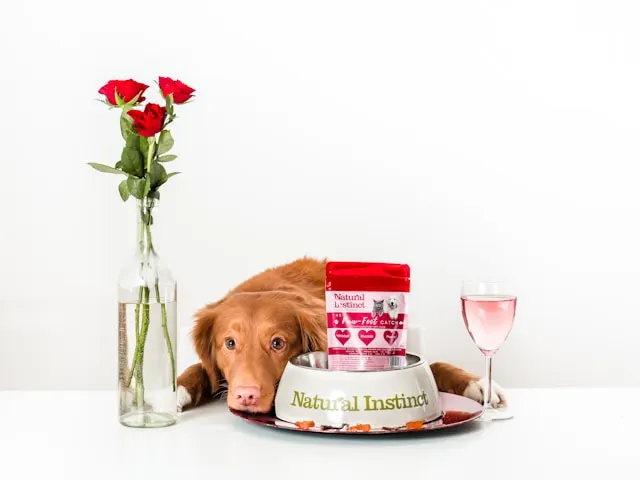Have you ever noticed your dog wrinkle their nose or back away when they catch a whiff of something? Dogs’ noses are highly sensitive—about 40 times more so than ours! While their world revolves around scents, not all smells are delightful to them. In fact, certain aromas that we find pleasant or neutral can be downright offensive to our furry friends. Knowing which smells dogs dislike can be useful in training, deterring unwanted behavior, or simply understanding your dog better.
Let’s dive into the Top 10 smells dogs do not like, along with some eco-friendly tips on how to handle these odors around your home and dog.
1. Citrus (Oranges, Lemons, Grapefruits)
While humans love the bright, zesty smell of citrus, most dogs find it extremely off-putting. The sharp scent of oranges, lemons, and grapefruits can irritate their sensitive noses.
- Eco-friendly tip: If you want to keep your dog away from certain areas (like the couch), use a natural citrus spray made from diluted lemon juice as a deterrent. It’s non-toxic and environmentally safe!
2. Vinegar
Vinegar is another smell that dogs turn their noses up at. The strong, pungent aroma of white vinegar can be overwhelming for them.
- Eco-friendly tip: Use diluted vinegar as a cleaning agent around the house to deter your dog from chewing on furniture or digging in your plants. It’s an excellent, non-toxic way to clean while keeping your pup away from certain spots.
3. Hot Peppers
The spicy smell of chili peppers, jalapeños, or other hot peppers is something dogs absolutely detest. Capsaicin, the compound that gives peppers their heat, is highly irritating to a dog’s nose.
- Eco-friendly tip: If your dog is prone to digging in the garden, sprinkling some crushed red pepper or chili flakes around the area can serve as a natural deterrent—just be sure to keep your dog’s paws safe from direct contact.
4. Essential Oils (Eucalyptus, Tea Tree, and Peppermint)
While some essential oils smell delightful to us, they can be overwhelming for dogs. Oils like eucalyptus, tea tree, and peppermint are especially bothersome and even toxic to dogs if ingested.
- Eco-friendly tip: Stick to essential oils like lavender or chamomile, which are safer for pets, or avoid using oils in areas where your dog frequently lounges.
5. Alcohol
The smell of rubbing alcohol or alcoholic beverages can be highly unpleasant for dogs. Their strong sense of smell makes even mild alcohol odors unbearable.
- Eco-friendly tip: If you use rubbing alcohol for cleaning purposes, make sure to air out the area before letting your dog back in. Opt for alcohol-free cleaners to keep the environment more pet-friendly.

6. Nail Polish and Nail Polish Remover
The chemicals in nail polish and nail polish remover emit strong fumes that are offensive to dogs. Acetone, the main ingredient in remover, has a very harsh smell that dogs avoid.
- Eco-friendly tip: Choose eco-friendly nail polish brands or non-toxic alternatives, and always apply them in a well-ventilated room away from your dog.
7. Perfumes and Colognes
That fancy perfume you love? Your dog might not agree. Perfumes and colognes often contain a mix of alcohol, oils, and chemicals that dogs find overwhelming and unpleasant.
- Eco-friendly tip: When applying fragrances, do so in an area away from your dog, and avoid heavily perfumed products to reduce the amount of chemicals released into the air.
8. Cleaning Products
Many household cleaning products contain chemicals that give off strong, lingering odors. Ammonia-based cleaners, bleach, and certain detergents are particularly offensive to dogs and can even irritate their respiratory systems.
- Eco-friendly tip: Opt for green, pet-safe cleaning solutions. Brands that use natural ingredients like vinegar, baking soda, or plant-based compounds are safer for both your dog and the environment.
9. Skunk Spray
It’s no secret that skunk spray is unpleasant for anyone, but for dogs, the smell is even worse. The sulfur compounds in skunk spray can be incredibly irritating to a dog’s sensitive nose, which is why they react so strongly when sprayed.
- Eco-friendly tip: If your dog does get sprayed, use an eco-friendly de-skunking solution made from baking soda, hydrogen peroxide, and dish soap instead of harsh chemicals.
10. Mothballs
Mothballs are designed to deter insects, but they also give off a strong odor that dogs find repulsive. These little balls of pesticide can be dangerous if ingested, so it’s best to keep them far away from pets.
- Eco-friendly tip: Instead of using chemical-laden mothballs, opt for natural alternatives like cedar chips or lavender sachets to keep moths at bay without harming your dog.

How to Use This Knowledge
Understanding which smells your dog dislikes can help you in several ways:
- Training Tool: Some of these smells can be used as deterrents to keep your dog away from certain areas, like furniture or garden beds.
- Create a Pleasant Environment: By avoiding harsh chemicals and strong fragrances, you can create a more comfortable and eco-friendly space for your dog.
- Safety First: Many of these smells are linked to potentially harmful chemicals or substances. By opting for eco-friendly alternatives, you’re doing your dog—and the planet—a favor.
Final Thoughts
While dogs have an incredible sense of smell that enhances their world, certain scents can be too much for them to handle. By understanding what smells dogs do not like, you can take steps to make your home more dog-friendly, reduce exposure to harmful chemicals, and maybe even use some scents to help with training.



